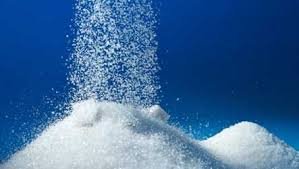EFSA reaffirms safety of aspartame for consumers
March 20, 2014 | Thursday | News | By BioSpectrum Bureau
EFSA reaffirms safety of aspartame for consumers
Aspartame sugar
The authority based its findings on one of the most comprehensive risk assessments of aspartame and its breakdown products ever undertaken.
It involved a rigorous review of all available scientific research, including both animal and human studies.
After a detailed analysis and considering all available information, the EFSA experts concluded that the current Acceptable Daily Intake (ADI) of 40mg per kg of body weight daily does not pose any long or short-term health concernfor people. (The ADI level is an estimate of the amount a person can consume each day over a lifetime without risking their health.)
The EFSA experts have firmly ruled out the possibility of aspartame causing damage to genes and inducing cancer.
They have also concluded that the substance does not harm the brain, the nervous system or affect behaviour or cognitive function in adults.
Dr Dheeraj Kapoor, consultant, endocrinology and diabetes, Kokilaben Dhirubhai Ambani Hospital says, "Safety concerns have been aired on and off about the consumption of aspartame ever since the product was approved around 25 years ago as a food additive. It has proved to be a boon to people who needed to avoid table sugar. I hope that this comprehensive review of aspartame by EFSA experts finally puts all controversy about its safety to rest. This should also strengthen the consumer confidence in the aspartame based products."
Aspartame is an artificial but intense low-calorie, non-saccharide sweetener that is being used in yogurts, chewing gum, diet foods, soft drinks and other low-calorie or sugar-free foods throughout the world.
It is a white, odourless powder, approximately 200 times sweeter than sugar.









